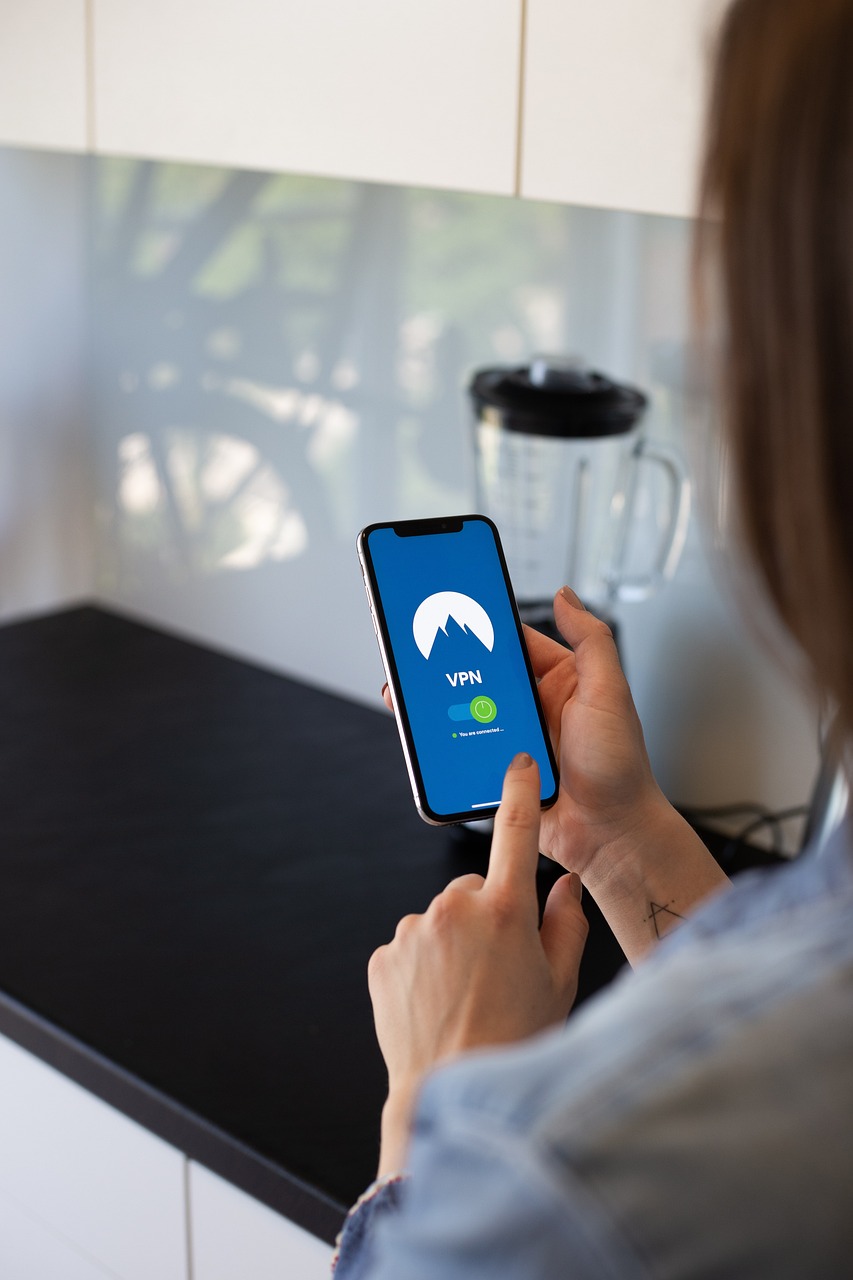Unveiling the Maze: Choosing a Reliable VPN Service in 2024
In today’s digital age, online privacy is a growing concern. From targeted advertising to data breaches, our online activities are constantly monitored and collected. Virtual Private Networks (VPNs) have emerged as a popular solution, encrypting your internet traffic and masking your IP address, offering a shield against unwanted intrusions. However, with a plethora of VPN providers vying for your attention, choosing the right one can be overwhelming.
This comprehensive guide will equip you with the knowledge to navigate the VPN landscape and select a service that prioritizes your security and privacy needs.
Core Considerations: Unveiling the Essentials
Before delving into specific features, let’s establish the fundamental criteria for a reliable VPN service:
- Strong Encryption: This is the cornerstone of VPN security. Look for providers that utilize robust encryption protocols like AES-256, offering bank-grade protection for your data.
- Strict No-Logs Policy: A crucial element for privacy. A true no-logs policy ensures the VPN provider doesn’t track or store any user activity or connection logs.
- Kill Switch: This vital feature acts as a safety net. If the VPN connection unexpectedly drops, a kill switch automatically terminates your internet access, preventing your unencrypted traffic from leaking.
- Large Server Network: A wider server network offers several benefits: improved connection speeds, access to geo-restricted content, and the ability to bypass regional restrictions.
- Multiple Device Compatibility: Ensure the VPN service supports the devices you use most, be it desktops, laptops, smartphones, or tablets. Ideally, the service should allow simultaneous connections on multiple devices.
Beyond the Basics: Exploring Additional Features
While the core criteria are essential, several additional features can enhance your VPN experience:
- Split Tunneling: This allows you to selectively route specific applications or websites through the VPN tunnel while allowing others to use your regular internet connection.
- Double VPN: This advanced feature encrypts your internet traffic twice, offering an extra layer of security for highly sensitive activities.
- Dedicated IP Address: While most VPNs assign a shared IP address, a dedicated IP provides a static IP address for specific needs, like accessing geo-restricted services. However, dedicated IPs often come at an additional cost.
- Leak Protection: Look for a VPN service that offers DNS leak protection and IP leak protection to ensure your true IP address and DNS requests aren’t inadvertently revealed.
- Customer Support: Reliable and responsive customer support is invaluable should you encounter any technical difficulties.
Check out our YouTube Channel at: https://www.youtube.com/@TechCyberSecurityNews
Understanding Your Needs: Choosing the Right Fit
With a multitude of VPN providers offering a diverse range of features, identifying the service that aligns with your specific needs is crucial. Here are some key questions to consider:
- What is your primary reason for using a VPN? Is it for enhanced privacy, accessing geo-restricted content, or bypassing censorship? Your primary purpose will influence your feature priorities.
- How many devices do you need to connect simultaneously? Choose a service that offers enough simultaneous connections for all your devices.
- What is your budget? Free VPNs often have limitations like data caps, intrusive advertising, and weaker security protocols. Paid VPNs typically offer more features and better performance.
- Where are you located? Some VPN services have limitations depending on their server locations and legal jurisdiction. Consider a provider with servers in countries with strong privacy laws.
Independent Reviews and Trustworthy Sources: Do Your Research
Once you’ve identified a few potential VPN providers, it’s time to delve deeper. Here are some resources to help you make an informed decision:
- Independent Reviews: Seek out reputable cybersecurity websites and tech publications that conduct in-depth reviews of VPN services. These reviews will analyze features, performance, and privacy policies.
- User Reviews and Forums: While user reviews should be taken with a grain of salt, online forums can provide valuable insights into real-world experiences with different VPN providers.
- Free Trials and Money-Back Guarantees: Many VPN services offer free trials or money-back guarantees. Utilize these options to test out the service and ensure it meets your needs before committing financially.
A Final Word: Constant Vigilance
The VPN landscape is constantly evolving, with new features and security threats emerging. Here are some additional tips for a secure and private browsing experience:
- Stay Updated: Keep your VPN software and device operating systems updated with the latest security patches.
- Beware of Free VPNs: As mentioned earlier, free VPNs often come with limitations or hidden risks. If privacy is paramount, consider a reputable paid service.
- Practice Good Cybersecurity Habits: A VPN is a powerful tool, but it is not a silver bullet. Always practice good cybersecurity habits like using strong passwords, enabling two-factor authentication, and being cautious when clicking on links or downloading files.
By following these guidelines and conducting thorough research, you can navigate the maze of VPN services and choose a provider that safeguards your online privacy and empowers you to explore the digital world with confidence. Remember, your online security is an ongoing journey, so stay informed, adapt your approach as needed, and enjoy the peace of mind that a reliable VPN can provide.
Check out our YouTube Channel at: https://www.youtube.com/@TechCyberSecurityNews
